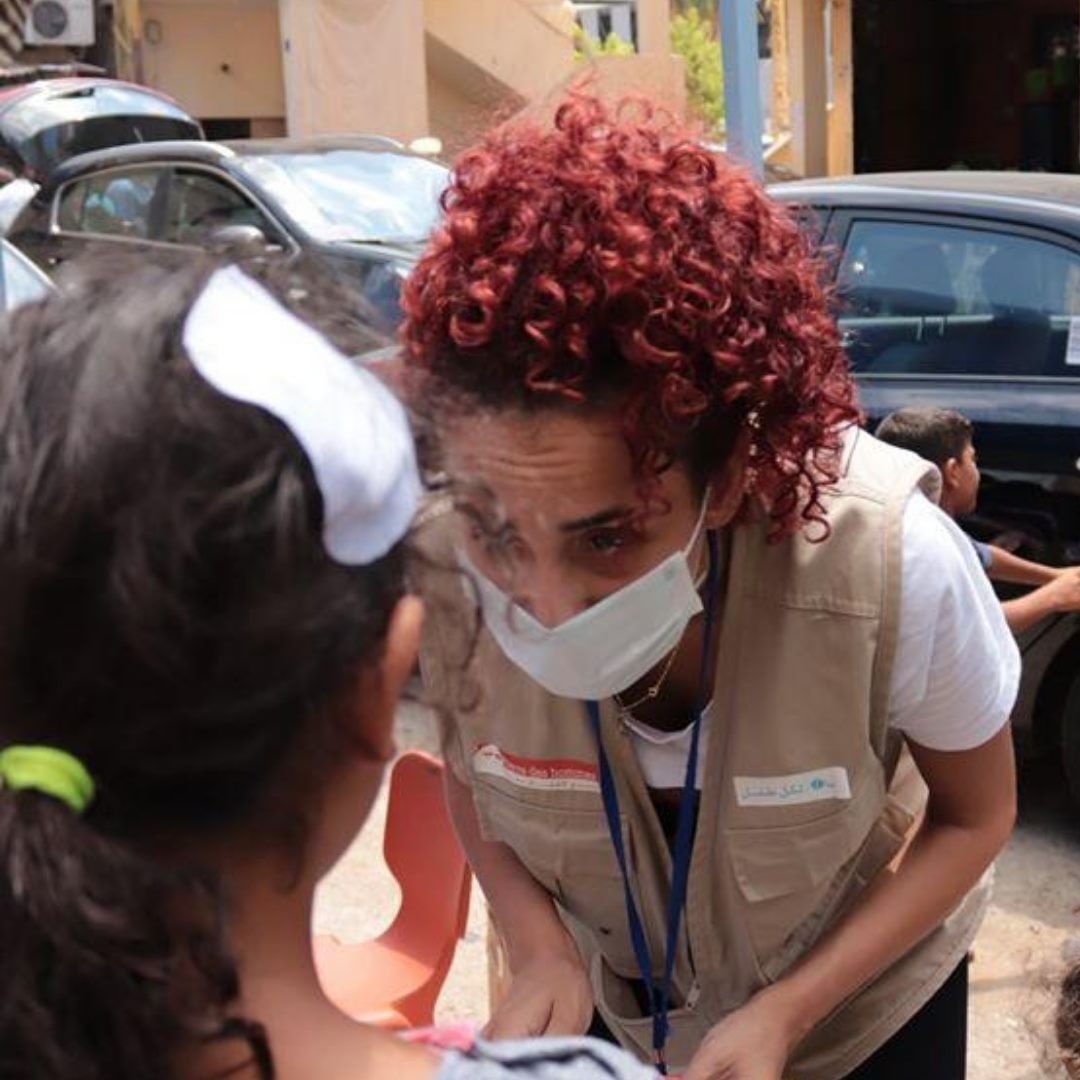Beirut, a month after the explosion, 87% of children need psychological support

Although a month has passed since the giant explosion in the port of Beirut, the psychological trauma of children in the most affected neighborhoods is still very much alive and deeply affects their daily lives.
Sleep disorders, fear to fall asleep, enuresis, irritability, tendency to isolation, loss of appetite, apathy: these are just some of the disorders reported by the more than 300 families that the staff of Terre des Hommes met during this period for an assessment of the needs of the most vulnerable population.
“A devastating scenario has emerged,” explains Ilaria Masieri, head of projects in Lebanon. “Almost all parents have told us that they have found reactions in their children that they had never seen before, and that in the vast majority of cases they do not know how to deal with. More than 87% said they needed psychosocial support and 41% asked us for immediate psychological help, as proof of the gravity of the situation, which risks marking these young lives forever.
More than half of these families are Syrian refugees, who have already had to endure the hardships of war and the pain of exile. It is therefore essential that the international community does not forget this humanitarian emergency.
which unfortunately is grafted on to an economic and political crisis, but also a health crisis, given the vigorous increase in Covid-19’s contagion, of immense dimensions. We urgently need to find the necessary resources to ensure these children fundamental rights such as protection, education and care”.
Terre des Hommes, a non-governmental organization engaged for 60 years in the protection of children, was active in the days immediately after the disaster by organizing psychosocial recreational activities in the areas most affected by the explosion.
“In these days we are strengthening our interventions for the protection of boys and girls to provide adequate support to the most vulnerable families, where there are children with special needs, disabled or at risk of dropping out of school, also to prevent phenomena such as child labor and early marriages”, adds Masieri.
“In fact, if in a first period psychosocial support will focus on the elaboration of trauma and the development of effective mechanisms to cope with anxiety experiences in children, our intervention has as its ultimate goal the improvement of living conditions of families, through access to quality social and educational services”.
Tags
Related Posts
Underage marriages increase in Lebanon during pandemic
Aid groups in Lebanon say the country’s ongoing economic crisis, compounded by the coronavirus pandemic, is forcing more children into underage marriages….
May 18, 2021

